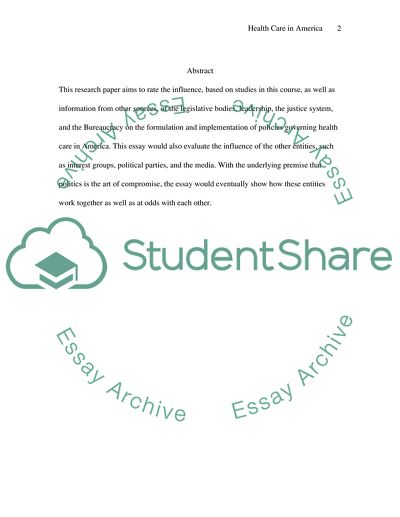Cite this document
(Health Care in America Research Paper Example | Topics and Well Written Essays - 2500 words, n.d.)
Health Care in America Research Paper Example | Topics and Well Written Essays - 2500 words. Retrieved from https://studentshare.org/health-sciences-medicine/1722454-health-care-in-america
Health Care in America Research Paper Example | Topics and Well Written Essays - 2500 words. Retrieved from https://studentshare.org/health-sciences-medicine/1722454-health-care-in-america
(Health Care in America Research Paper Example | Topics and Well Written Essays - 2500 Words)
Health Care in America Research Paper Example | Topics and Well Written Essays - 2500 Words. https://studentshare.org/health-sciences-medicine/1722454-health-care-in-america.
Health Care in America Research Paper Example | Topics and Well Written Essays - 2500 Words. https://studentshare.org/health-sciences-medicine/1722454-health-care-in-america.
“Health Care in America Research Paper Example | Topics and Well Written Essays - 2500 Words”, n.d. https://studentshare.org/health-sciences-medicine/1722454-health-care-in-america.


